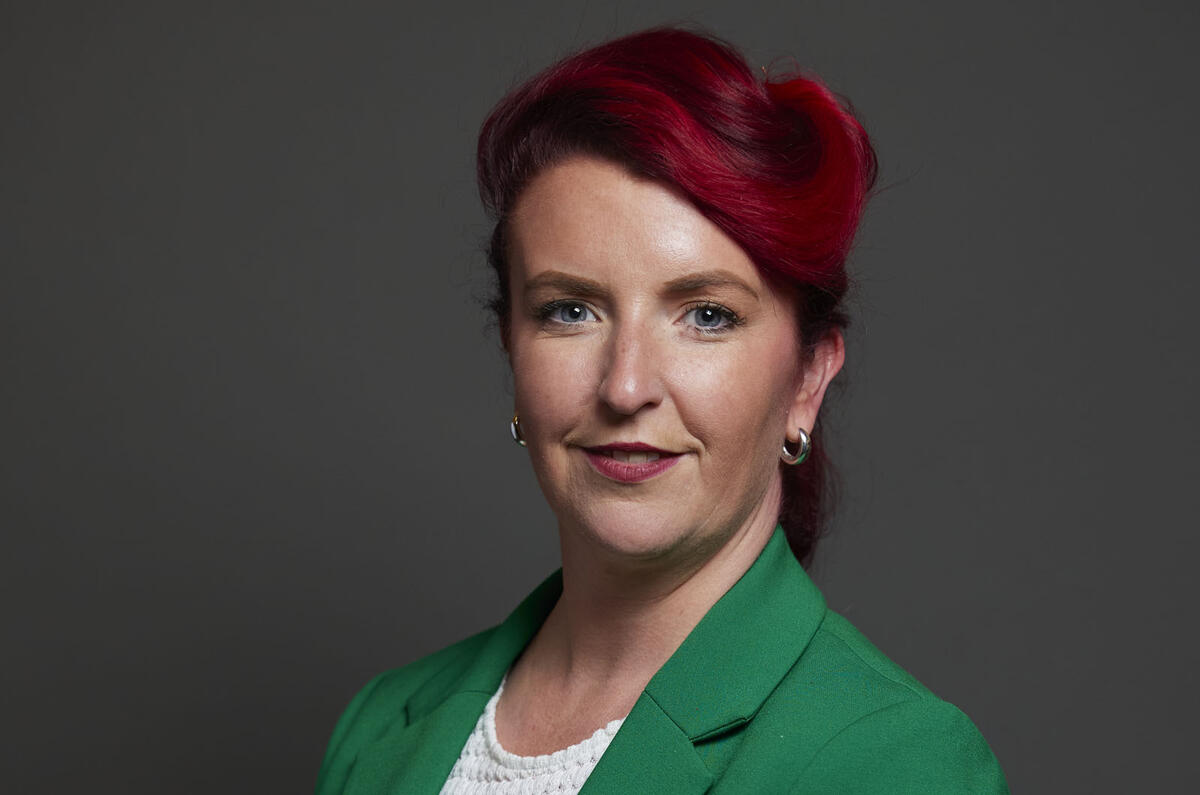Transport secretary Louise Haigh has resigned from her post after it emerged she pleaded guilty to a criminal offence for making a false report to police in 2013. Her sudden resignation comes just days after she was involved in meetings with leading car industry figures to discuss concerns around the UK's zero-emission vehicle (ZEV) mandate.
Haigh yesterday (28 November) admitted pleading guilty to making a false report to police around 10 years ago, after reporting that her mobile phone had been stolen in a mugging, when in fact it had not been.
She received a discharge following the plea, meaning she was guilty of making a false report but it was deemed worthy of no further punishment.
The case was heard six months before Haigh was elected as the MP for Sheffield Heeley in 2015, and the BBC cites sources in Whitehall saying she declared the discharge upon her appointment to the shadow cabinet.
Nonetheless, Haigh says in her letter that "whatever the facts of the matter", the issue would "inevitably be a distraction", and so she has left her post.
In her resignation letter to prime minister Sir Keir Starmer, Haigh said she was "totally committed to [the Labour Party's] political project” but that it would be "best served by my supporting you from outside government”.
Haigh has been transport secretary for only a matter of months, but her shock departure comes amid mounting uncertainty surrounding the viability of the UK's ZEV mandate.
Under the terms of the mandate – introduced by the previous Conservative government – car manufacturers must achieve a 22% electric vehicle mix of new car sales in 2024, rising in increments over the next six years to 80% in 2030.
But with organic demand for electric vehicles falling well below the stipulated levels, car firms are being forced to restrict combustion car sales, sell electric cars at a profit-busting discount and re-evaluate their UK business operations.
Nissan last week warned that “the mandate risks undermining the business case for manufacturing cars in the UK, and the viability of thousands of jobs and billions of pounds in investment", calling for "urgent action from the government" to address the risks.
Ford, meanwhile, has called for more flexibility to be built into the terms of the mandate in recognition of fluctuating EV demand, and the Society of Motor Manufacturers and Traders has repeatedly called for the mandate to be supported by government-funded electric vehicle purchase incentives.
Most notably, Stellantis cited the ZEV mandate as a factor in its decision earlier this week to close its van factory in Luton, Bedfordshire, after CEO Carlos Tavares had branded the policy a "terrible thing for the UK" and warned that it could "kill" the domestic car industry.
Haigh's departure from the transport secretary post comes just days after she and business secretary Jonathan Reynolds met with a number of car manufacturers – including BMW, Ford, Nissan, Stellantis, Tesla, Toyota and Volkswagen – to discuss ways of managing the electric vehicle transition in the UK.
Following the talks, the government said it stood by the planned 2030 phase-out date for new pure-combustion cars, and did not suggest the ZEV mandate framework would be altered.








Join the debate
Add your comment
Why just not go for 2035 instead?, would that be better?,more time, less stringent year on year increase of car mix?
I'd say 2040 at the earliest would be best as it's clear battery tech isn't up to scratch yet. This mad rush to EVs is insane as rivers and fresh water supplies are often polluted with toxic levels of cobalt caused by mining this toxic material.
Net Zero will make us all poorer and this GBEnergy will cost £3trillion and the government says we will get cheaper energy out of it. Yeh right. Fire up the gas fields that way we will remain mostly self sufficient.
Really, so a Tesla cannot achieve it's transport objective. Meanwhile Norway hits 90% plus of new car sales are BEVs, try telling them their battery isn't upto scratch.
BWAAHAHAHAAHAhahahaaqhahaaaaaaaaaaaaa!!!
NORWAY!!! Yep, becasue Great England, USA , China, Japan, German, Australia, India are just like Norway!
You really are a peanut.
As a hydrogen fanboy you really should keep quiet especially as your replies are so infantile. You do such stupid replies it's as though you don't engage a single brain cell but just hit the keys in a random order.
Forget to take your pills again?
It was a working example of how BEV batteries are upto scratch in reply to the previous post, nothing to do with the numbers sold. Keep up.
No, it was a farcicially specious attempt at 'proving' that because EVs work in Norway - NORWAY! - the technology is "up to scratch". Population of Norway = 5.5 million. That's about 8,000,000,000 people who don't live in Norway. Keep up, gramps, or maybe toddle off to bed with a nice mug of Bovril.
It it doesn't matter how many people live in Norway. It's a big, cold country. It really shows most "problems" people quote when it comes to EVs are preconceptions.
Incorrect.
Jason, did you go to school.
Amazes me that when someone is presented with a detailed post their counter argument can start with BWAAHAHAHAAHAhahahaaqhahaaaaaaaaaaaaa, says it all.
Yes, it says how hilarious idotic and feeble-minded your posts are. Well spotted.